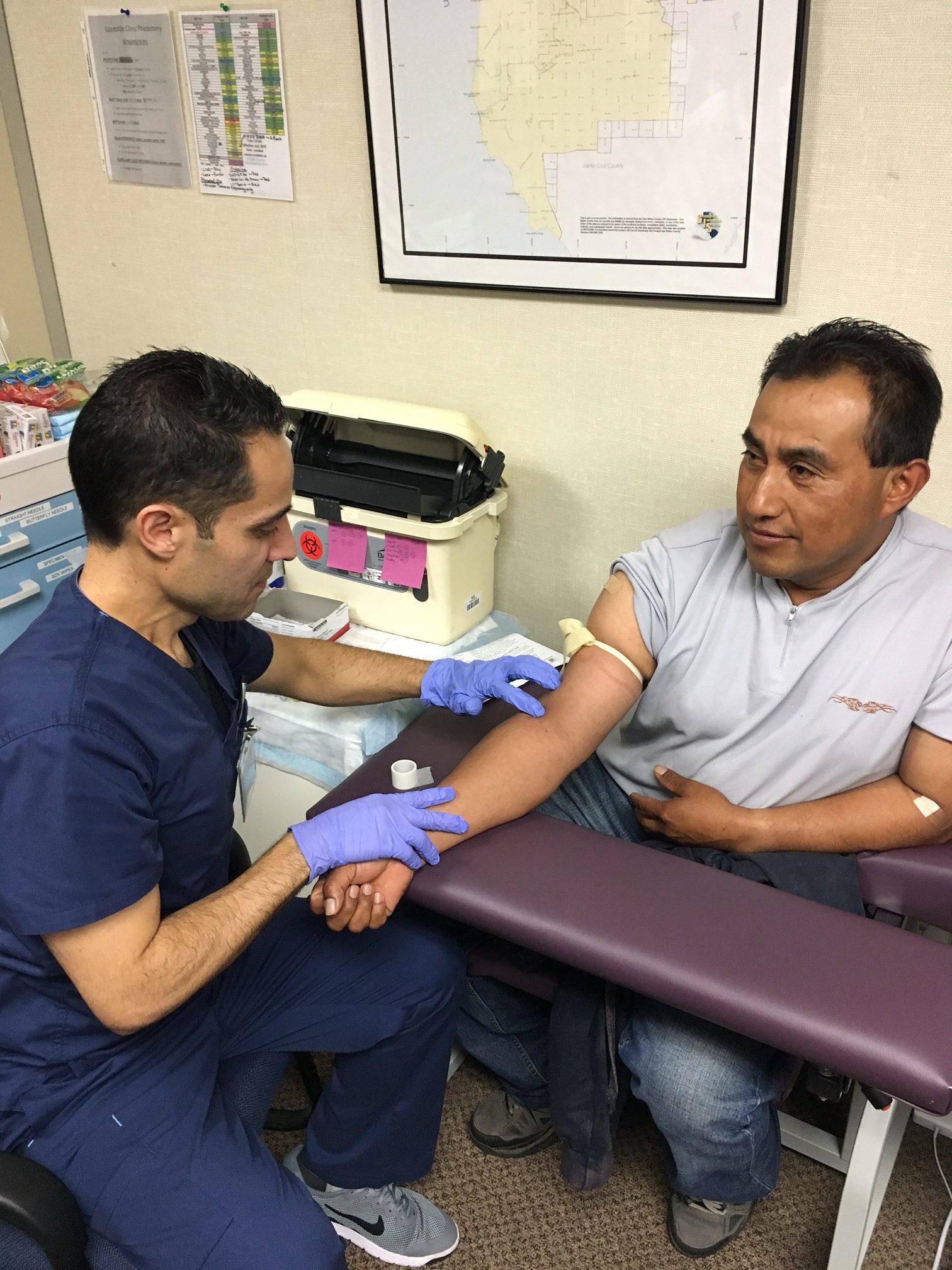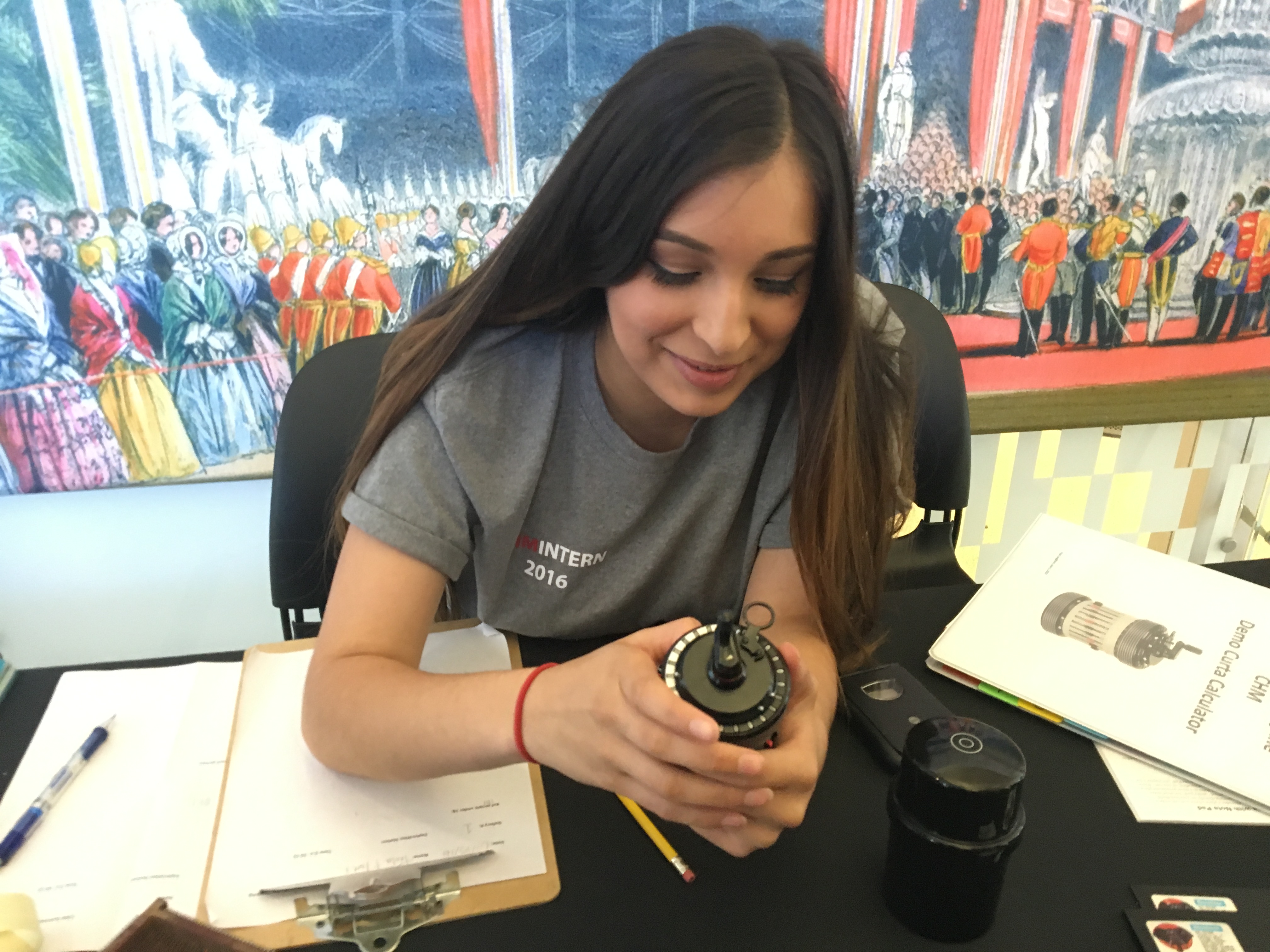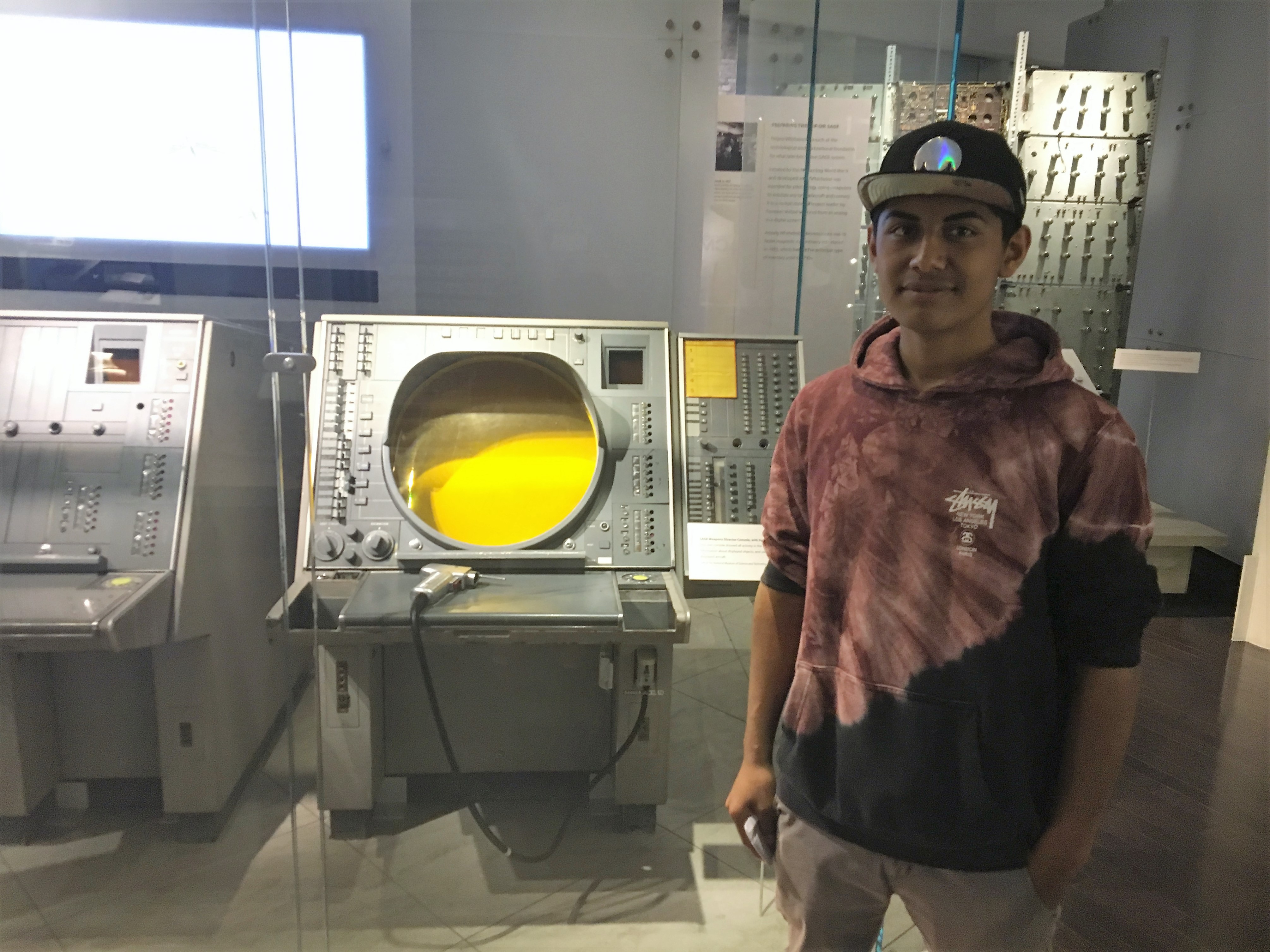Economic Security Manager
The Economic Security Manager provides day-to-day direct support services to residents of Pescadero, La Honda, Loma Mar and San Gregorio. The Economic Security Manager will be a primary point of contact for individuals and families who are eligible to receive services, including emergency food and housing assistance, health insurance and CalFresh enrollments, translations, phone calls, assistance with obtaining transportation; assistance with tax and immigration services, and referrals to other resources. This person is responsible for establishing and maintaining contact with a large number of community members, and for case management of families enrolled in numerous Puente Economic Security and health programs. The Economic Security Manager makes appointments, conducts surveys, keeps records and assists with the assessment of community needs. This person is also responsible for interfacing with community members to enhance participation in Puente activities. The Economic Security Manager provides oversight for a team of three Community Resource Navigators. The Program Director will provide general supervision and support for this position.
KEY RESPONSIBILITIES
- Provide direct services to program participants in areas outlined in the general summary.
- Assist applicants to successfully enroll/re-enroll into government sponsored health insurance programs.
- Assist program participants to successfully enroll in Puente’s seasonal economic programs (Backpacks, Diapers, Gift Cards, La Sala Posada, Car Seats)
- Assist program participants to obtain emergency housing and to assist with rental assistance applications and other programs or services that support the wellbeing of families and individuals.
- Provide follow up on all pending applications to ensure enrollment process is complete.
- Provide recruitment, case management and mentoring services to program participants by: confirming eligibility for numerous Puente and County programs, assessing participant strengths and needs; identifying and supporting the participant’s employment, educational and financial goals; and providing a connection to community resources to build a foundation for participant success.
- Supervise the Economic Security Team composed of three Community Resource Navigators.
- Liaison with the San Mateo County Benefit Analyst at Puente twice a month.
- Complete documentation of contact with program participants, landlords and other social services agencies and programs thoroughly and accurately as soon as possible following contact.
- Maintain current knowledge of and working relationships with community resources and social service providers. Attend interagency meetings as required.
- Submit monthly narrative, statistical, and grant reports; other reports as required.
- Translate and interpret, use the knowledge of language, cultural practices and beliefs to help structure a participant plan of care and self-management that is culturally and linguistically appropriate, assist other program staff to provide culturally sensitive care.
- Communicate effectively in a manner that promotes trust and cooperation.
- Participate in monitoring performance outcome measurements, participant satisfaction, and other assessments to measure the quality of care.
- Develop and maintain a database of services available with eligibility requirements program participant information.
- Participate in planning discussions and meetings. Assist in developing tactical plans to support outreach and enrollment goals.
- Participate in outreach and community events, as needed.
- Prepare and submit daily/weekly productivity reports.
- Facilitate meetings to provide education, support and access to community resources, and when appropriate, leverage a team approach to address participant barriers and increase support systems.
- Work with community resources, collaboration partners and stakeholders to identify gaps in services and seek to eliminate the same.
- Work with Program Director to identify program outcomes and outputs and report monthly on evaluation progress.
- Compile data and communicate information to collaboration partners, stakeholders and community members to engage new partners and sustain relationships and funding.
- Other duties as assigned.
KNOWLEDGE/SKILLS REQUIRED
- Familiarity with problems of the community population, including but not limited to lack of basic needs (food, clothing, etc.), immigration issues and the effect of poverty on emotional health and well-being.
- Ability to research appropriate community resources available for students and/or family members.
- Understand family and cultural values for different ethnic groups.
- Effectively conduct culturally appropriate group and individual meetings and interviews.
- Work collaboratively with colleagues and community members.
QUALIFICATIONS
- Bachelor’s degree in social work, human services, counseling or related field or relevant combination of education and experience.
- Experience in case management, providing direct services to program participants.
- Demonstrated excellent proficiency in translating English to Spanish and Spanish to English.
- Ability to organize tasks and people in an efficient manner. Must possess excellent verbal and written communication skills in English and Spanish.
- Willing to work a variety of extended hours, as necessary for position including evenings and some weekends.
- Must possess proficient skills of Microsoft Office products, including: Word, Excel, Outlook, and PowerPoint.
- Experience with web-based systems, One-e-App and Covered California portal
- Must be bondable
- Current California Driver’s License and ability to drive to work related functions in and around Pescadero, La Honda, Loma Mar and San Gregorio/Southern San Mateo County area.
To Apply:
Puente offers a competitive salary and benefits package. Please e-mail cover letter, resume and three references to Rita Mancera, Executive Director at rmancera@mypuente.org.
About Puente (Pescadero, California)
Since 1998, Puente de la Costa Sur (Puente) has worked to build a healthy, sustainable and inclusive South Coast Community. Its mission is to provide vital services for men, women, children and families living in the rural San Mateo South Coast communities of Pescadero, La Honda, Loma Mar, and San Gregorio, primarily farmworker and their families. Puente provides a single point of entry for men, women, and children to safety net services, health and wellness services, leadership development, and opportunities for community engagement and action. For more information, visit us at www.mypuente.org.







